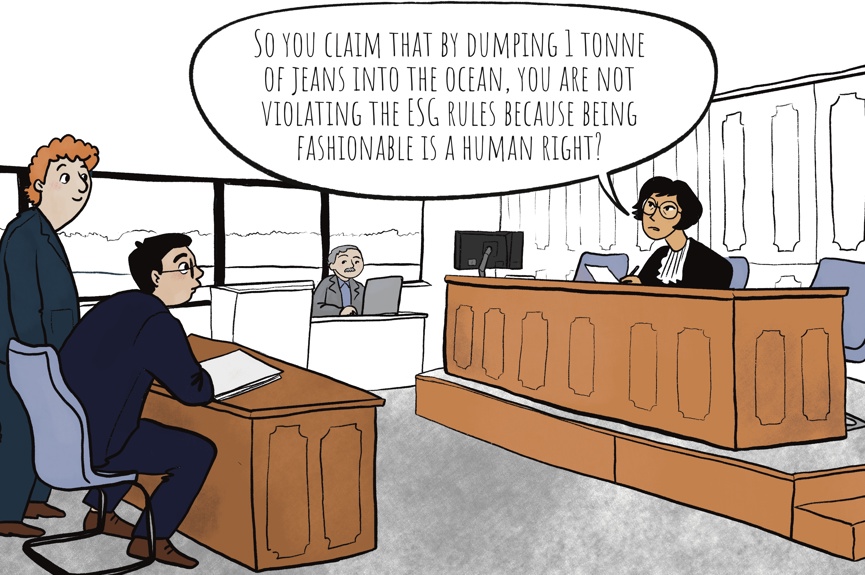- Corporate Law and M&A , Sustainability
- CSRD , Corporate Sustainability Reporting Directive , ESG , social and environmental information that companies must report , reporting requirement , the CSRD's reporting requirements , large companies and organisations of public-interest , SME , Safeguards for SMEs , a protection mechanism , SMEs in the value chain , the European sustainability reporting standards for SMEs , the Voluntary Sustainability Reporting Standards for SMEs
On 28 November 2024, the law transposing the Corporate Sustainability Reporting Directive (CSRD) was approved by the Chamber of Representatives.
Although the transposition had been due for implementation since 6 July 2024, it marks an important step towards a more sustainable and environmentally friendly economy. The directive came into force on 5
January 2023 and aims to modernise and strengthen the rules regarding the social and environmental (ESG) information that companies must report.

1. The reporting requirement will be introduced in phases
The planned phases are as follows:
- Companies subject to the NFRD (listed companies and financial institutions with more than 500 employees): Reporting in 2025 for the 2024 financial year;
- Large companies not yet subject to the NFRD: Reporting in 2026 on the 2025 financial year;
- Listed SMEs: Reporting in 2027 on financial year 2026.
Please note: postponement of this phase is possible until the 2028 financial year, it must be indicated why the sustainability reporting has not yet been provided. - Non-EU companies, if they not listed in the EU: Reporting in 2029 for the 2028 financial year.
Although the CSRD's reporting requirements will implemented in phases and will initially affect only large companies and organisations of public-interest, SMEs are also impacted.
Indeed, SMEs will be indirectly affected by the additional reporting requirements.
This is because companies at the top of the value chain, which do already fall within the scope of the CSRD, will often require social and environmental information from their suppliers and customers, regardless their size. In practice, this leads to significant administrative burden for SMEs.
2. Safeguards for SMEs
The draft law recognises new challenges for SMEs under these obligations and also refers to the potential high costs that sustainable investments entail for Belgian companies.
To alleviate this burden, a protection mechanism was included. This mechanism stipulates that SMEs in the value chain should not be asked for more information than what is reasonably required by the European sustainability reporting standards for SMEs.
In practice, this means, on the one hand, that the information requested must be limited to what is provided for in the Voluntary Sustainability Reporting Standards for SMEs. On the other hand, there is a prohibition on requiring a certain level of assurance regarding information coming from SMEs in the value chain.
3. A step forward, but challenges remain
While the draft law is an important step forward towards greater transparency and sustainability in the corporate world, it also raises questions about its enforceability and the additional burden on companies, especially smaller players. The success of these measures will depend on the extent to which companies and regulators are able to balance reporting obligations with administrative feasibility.
Andersen and Recyprocity can help you fulfil your reporting obligation: info@be.Andersen.com or +32 (0)2 747 40 07.









